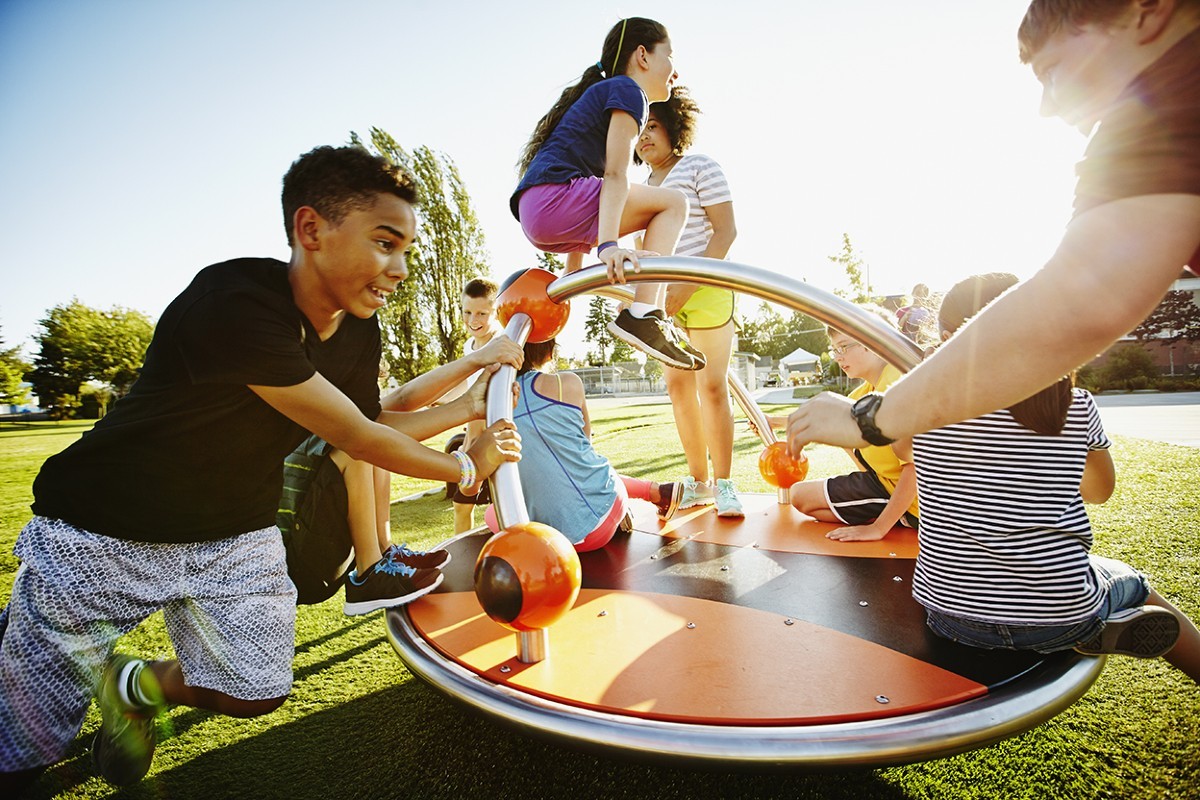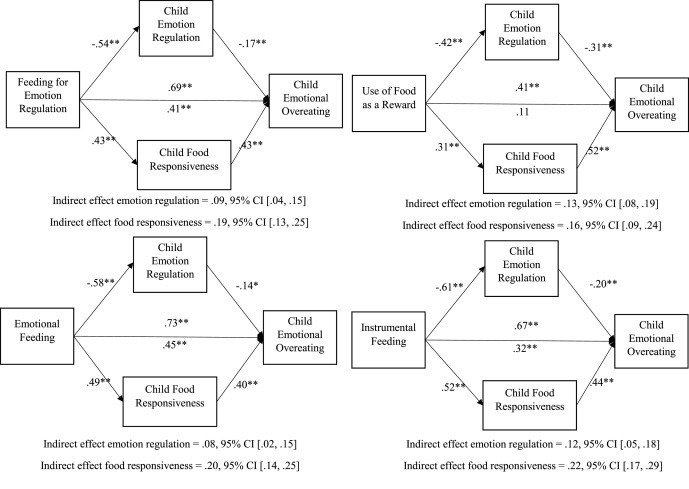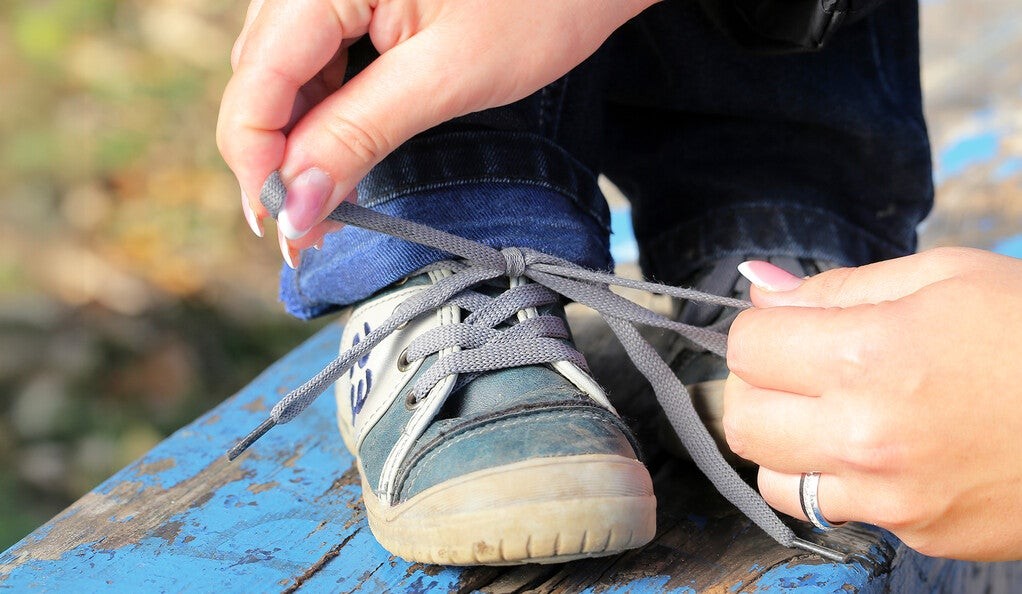Harsh Parenting Linked to Lasting Emotional and Social Challenges in Children
A comprehensive 18-year study reveals children exposed to harsh parenting face significant developmental difficulties, including struggles with emotional regulation and peer relationships. The research tracked over 3,400 children and found that even moderate levels of harsh parenting negatively impact socioemotional competencies.
The Hidden Power of Risky Play: Why Children Need Freedom to Take Calculated Risks
New research reveals that allowing children to engage in supervised risky play - from climbing trees to exploring independently - is crucial for healthy development. Studies show these challenging activities build resilience, improve risk assessment, and enhance social, physical and emotional skills.
Food as Emotional Tool: How Parental Feeding Practices Shape Preschoolers' Eating Behaviors
New research reveals that parents using food to manage children's emotions and behavior may inadvertently impact their preschoolers' emotional development and eating habits. The study found that coercive feeding practices were linked to poor emotional regulation and increased emotional eating in young children.
Reframing Daily Tasks as Learning Opportunities Helps Parents Foster Child Independence
A Yale study reveals parents intervene 50% less when viewing children's basic tasks as learning moments rather than routine activities. This simple mindset shift offers a practical strategy for nurturing independence while managing busy schedules.



